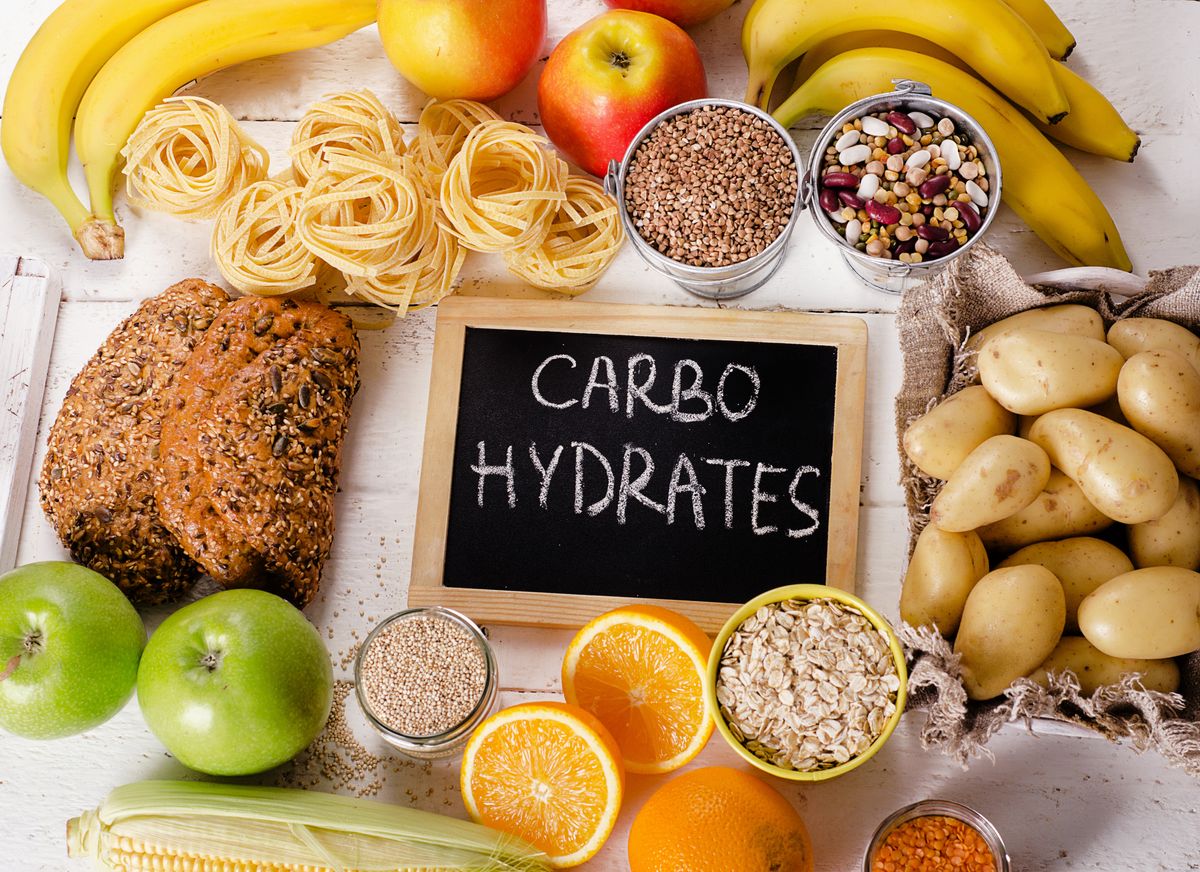When the term "carbs" comes to mind, it's common to associate it with foods such as pasta and bread, or trendy diets advocating the complete elimination of carbohydrates for rapid weight loss. However, carbohydrates manifest in various forms and serve as the primary energy source for your nervous system. Before deciding which carbohydrates to include in your daily meals and snacks, it's crucial to understand that they are not all created equal. For instance, your body responds differently to the carbohydrates found in soda compared to those in fruits or beans. While all carbohydrates can be part of a healthy diet, there are certain types you should restrict in your daily eating patterns.
Carbohydrates that are generally regarded as the least healthy are those containing added sugars. The granulated white sugar used in baking, sweetened syrups poured into your coffee, and other sweeteners added to everyday foods often consist of added sugars. Abundant research has underscored the detrimental effects of a high-sugar diet, including increased blood triglyceride levels, elevated blood sugar, and raised blood pressure. When selecting carbohydrates for your diet, seek options without added sugars. On nutrition labels, this nutrient is clearly identified, facilitating easy comparisons between brands and choices. According to the American Heart Association (AHA), women are advised to limit their daily intake to 25 grams of added sugar, while men should aim for no more than 36 grams. Additionally, look for carbohydrate-containing foods rich in dietary fiber. Fiber, another nutrient disclosed in the nutrition facts, supports digestion and enhances the sensation of fullness. When in doubt, it's wise to avoid or restrict these 13 least healthy carbohydrates.
1) Jarred Jams and Jellies:
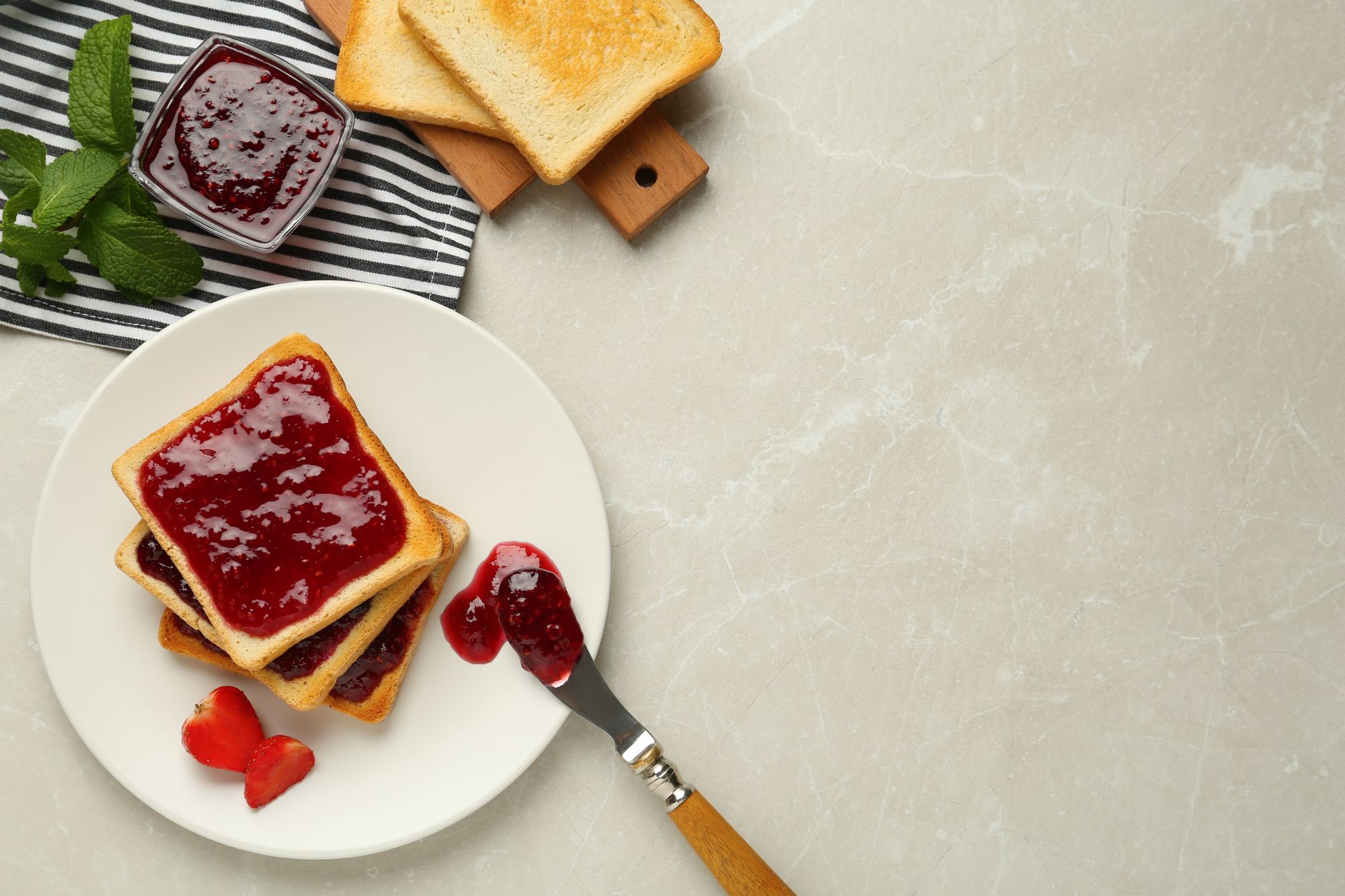
Jarred jams and jellies may seem fruity, but some brands pack more added sugar by weight than actual fruit, resulting in concentrated sources of empty calories. With some options offering 50 calories per tablespoon, derived entirely from carbohydrates, they may leave you unsatisfied after your morning toast. A healthier alternative is to make your own jam at home by heating frozen berries, incorporating chia seeds, and mashing them with a fork. This yields a chunky, naturally sweet spread loaded with nutrients and devoid of added sugar.
2) Flavored Yogurt:
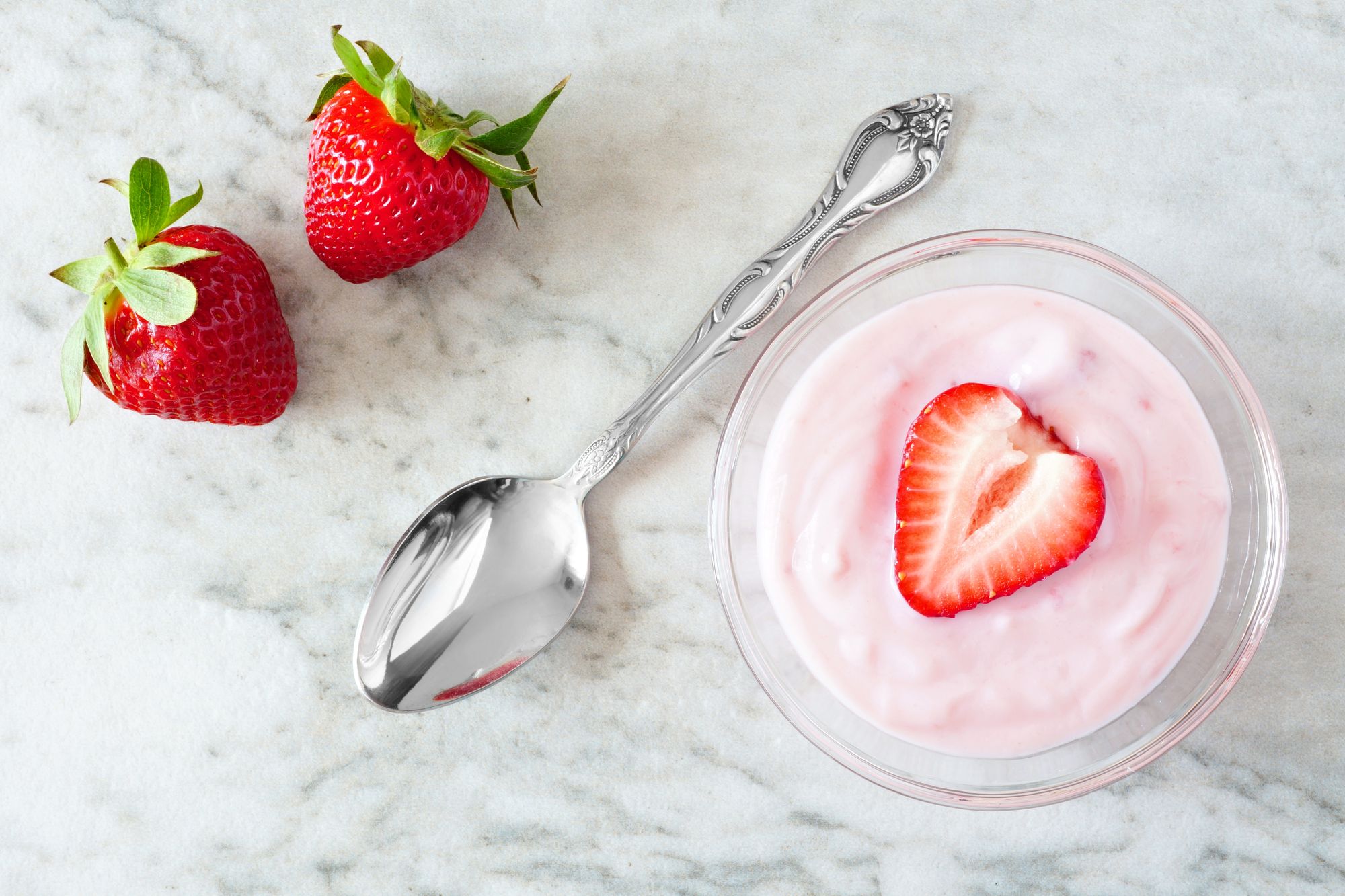
While plain yogurt is a nutrient-rich choice, many flavored yogurt options contain significant added sugar. To enjoy the benefits of yogurt without excess sugar, opt for plain yogurt and enhance the flavor with fresh fruits or a spoonful of homemade jam. If you prefer store-bought flavored yogurt, choose options without added sugar, often sweetened with zero-calorie alternatives like stevia or monk fruit.
3) Pastries:

Indulging in freshly baked pastries can be tempting, but the sugar content in various pastries, including commercially prepared muffins, is often underestimated. These treats can be high in added sugar and fat, making them an unhealthy source of carbs. Consider making your muffins at home using whole wheat flour and honey instead of traditional added sugar. You can even add shredded carrots or zucchini for an extra fiber boost.
4) White Bread:
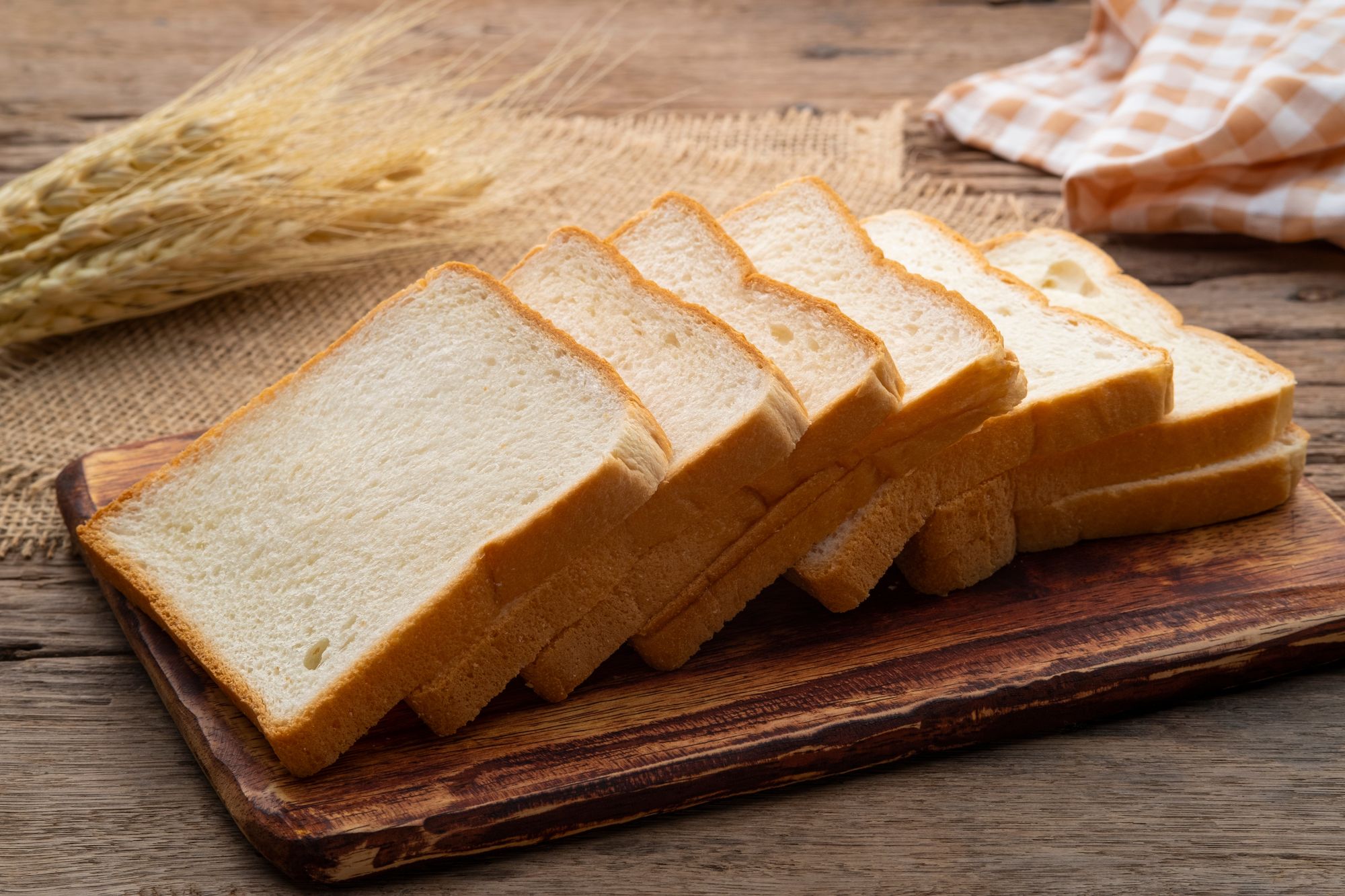
Fluffy white bread may be delicious, but it lacks essential nutrients like fiber and protein, and it may even contain added sugar. Whole grain bread, on the other hand, offers more fiber, protein, and essential nutrients, making it a preferable choice. When selecting whole grain bread, be vigilant about added sugar and opt for options with at least 2 grams of fiber.
5) Flour Tortillas:

Flour tortillas, often used for cheesy creations, share similarities with white bread, typically lacking fiber and potentially containing added sugar. Opt for whole wheat tortillas or choose corn tortillas, which are typically made with fewer ingredients and offer a healthier source of carbs.
6) Fruit Snacks:
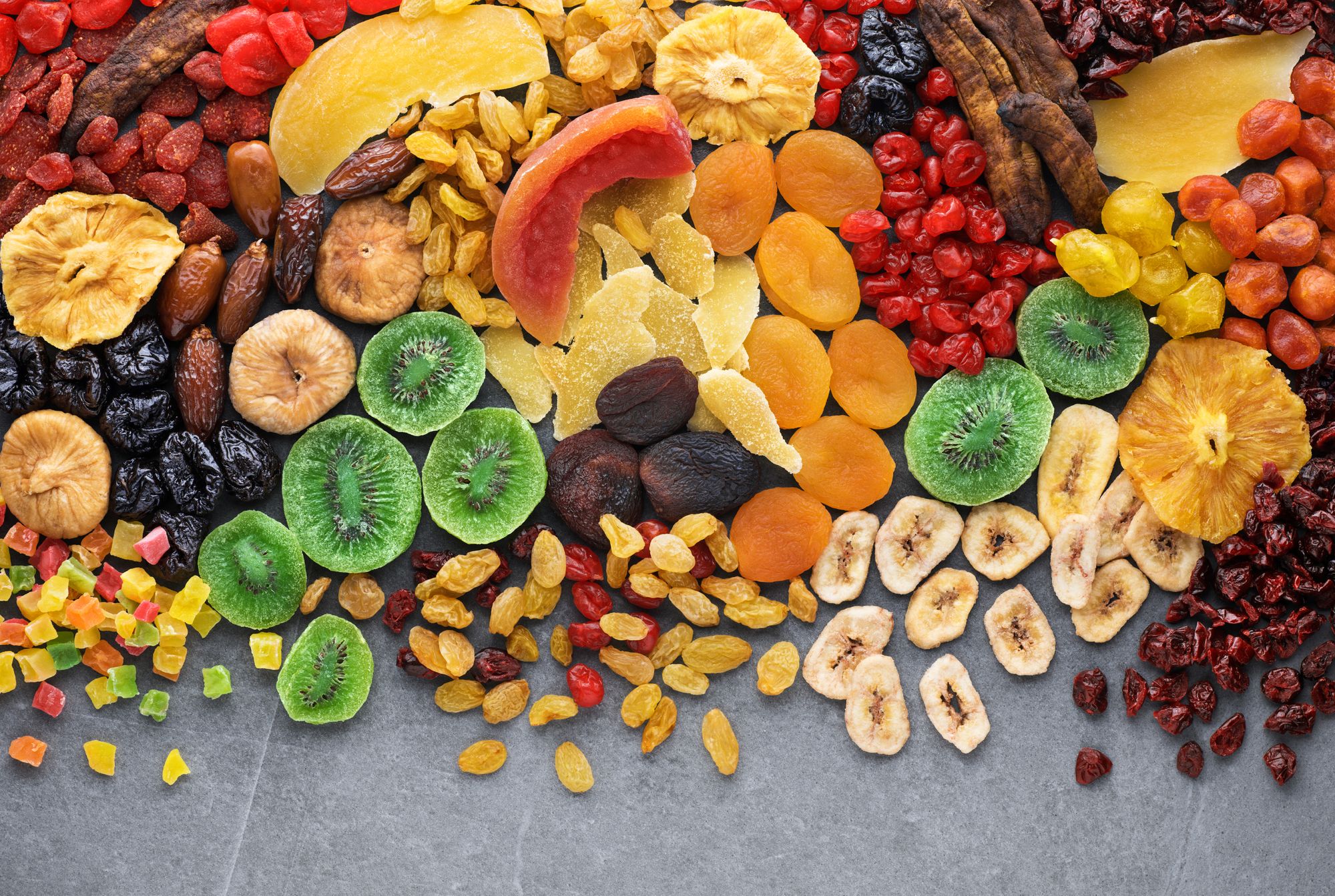
Fruit snacks, often found in lunchboxes, can be akin to candy, despite claims of being "made with real fruit." While fruit puree might be the primary ingredient, added sugars are likely scattered throughout the ingredient list. Additionally, these snacks often contain food dyes and colorings. Instead of fruit snacks, consider fresh or canned fruit without added sugar as a healthier alternative.
7) Sweetened Cereal:
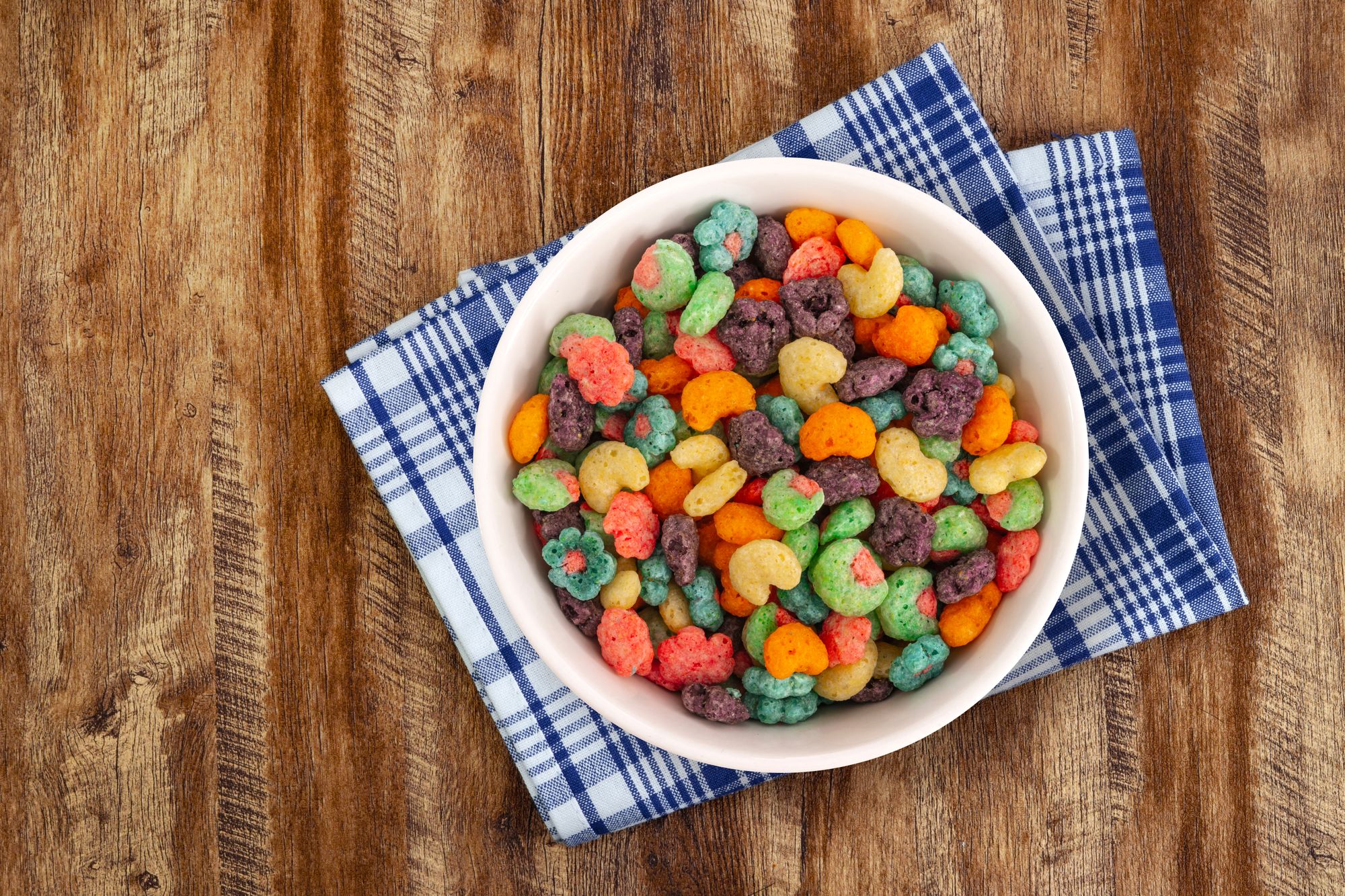
With numerous cereal options available, identifying the healthiest choice can be challenging. When selecting cereals, check the added sugar content, aiming for options with less than 5 grams per serving. Look for cereals with at least 2 grams of fiber, or more if possible, to provide sustained energy without causing rapid sugar spikes.
8) Candy:
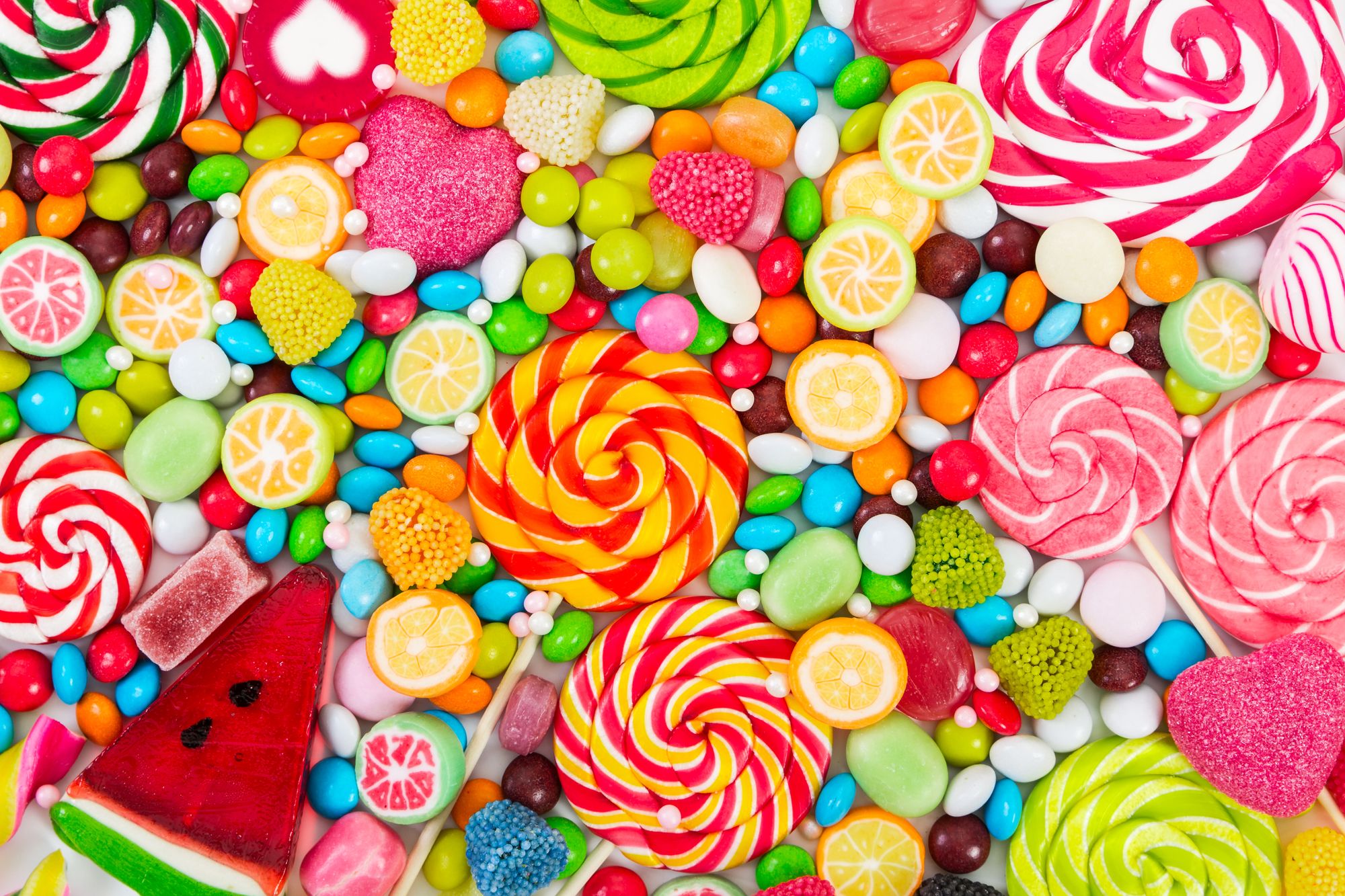
Candy, known for its sugar content, is a poor source of carbohydrates. Fruit and chocolate-flavored candies contain added sugar, along with food dyes, coloring, saturated fat, and high-calorie counts. While the occasional mini-sized candy is acceptable, consider healthier alternatives like chocolate chips with minimal added sugar or homemade frozen fruit pops.
9) Ice Cream:

Similar to candy, ice cream is calorie-dense, laden with added sugar and saturated fat. A modest half-cup serving can exceed 200 calories, and most of us tend to indulge in larger portions. For a healthier alternative, try making "nice cream" at home by blending frozen bananas with nut butter and topping with low-sugar chocolate chips.
10) Sweetened Coffee:

Plain black coffee is low in calories and devoid of sugar. However, flavored additives, syrups, and drizzles can transform it into a high-calorie, sugar-laden drink. Opt for unsweetened lattes or sweeten your coffee with stevia or milk instead of sugar.
11) Syrup:

Flavored syrups, often drizzled on pancakes and waffles, contain copious amounts of added sugar. If you enjoy maple flavor, choose 100% maple syrup as a better option, avoiding manufactured sugars and artificial ingredients found in flavored syrups.
12) Canned Fruit:
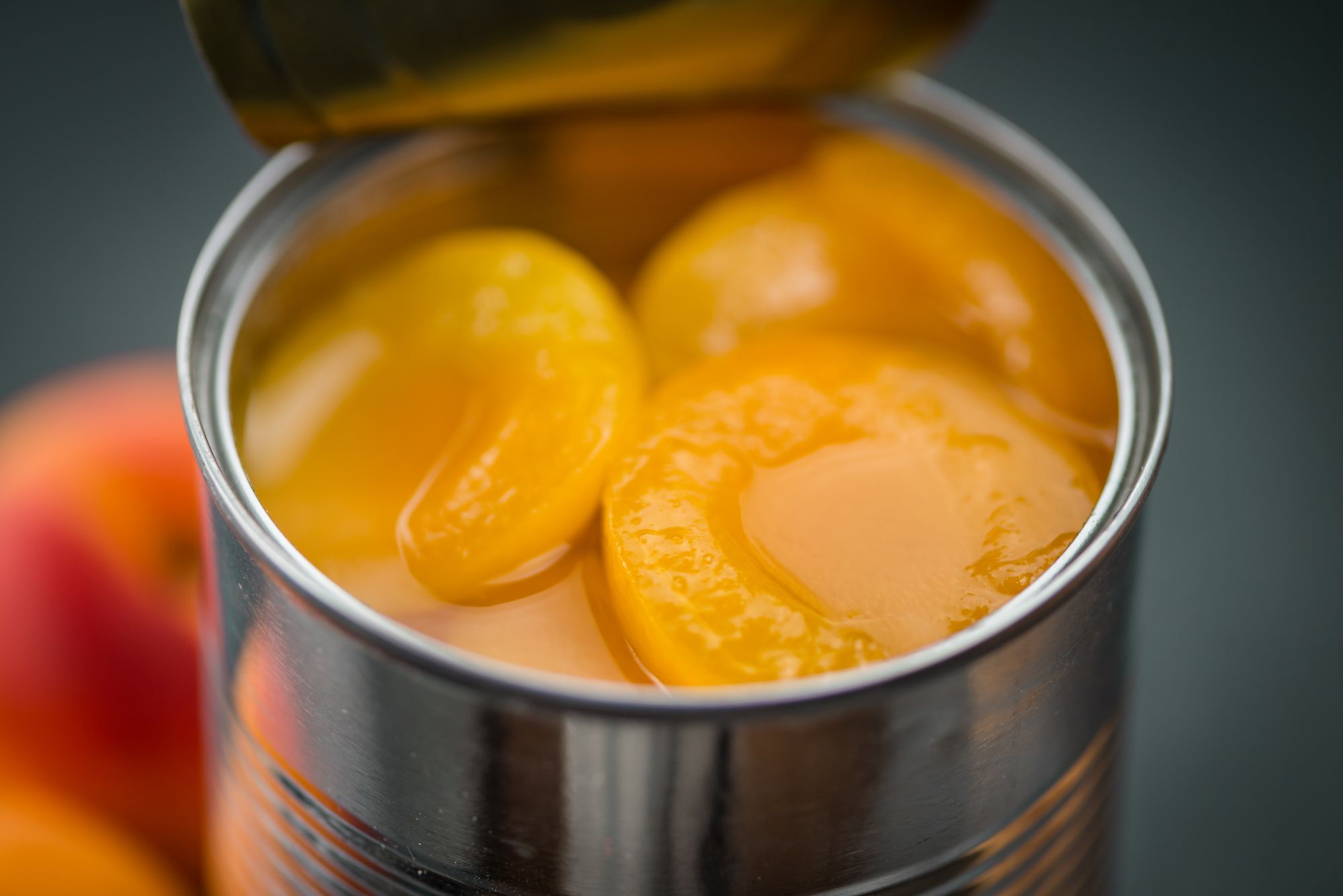
Canned fruit, while convenient, is another common source of added sugar. Some options contain over 20 grams of sugar per serving, with low fiber compared to fresh fruit. Opt for fresh or frozen fruit, which often retains more nutrients and offers a healthier carbohydrate source.
13) Juice:

Juice primarily consists of carbohydrates and is often loaded with added sugar. It doesn't provide satiety like whole fruits and can lead to rapid blood sugar fluctuations, similar to sugary cereals. If you can't forgo your morning glass of juice, choose freshly squeezed options with no added sugar or, better yet, opt for whole fresh fruit for added fiber and nutrients.
Incorporating these changes into your diet can help you make healthier carbohydrate choices and maintain overall well-being.

